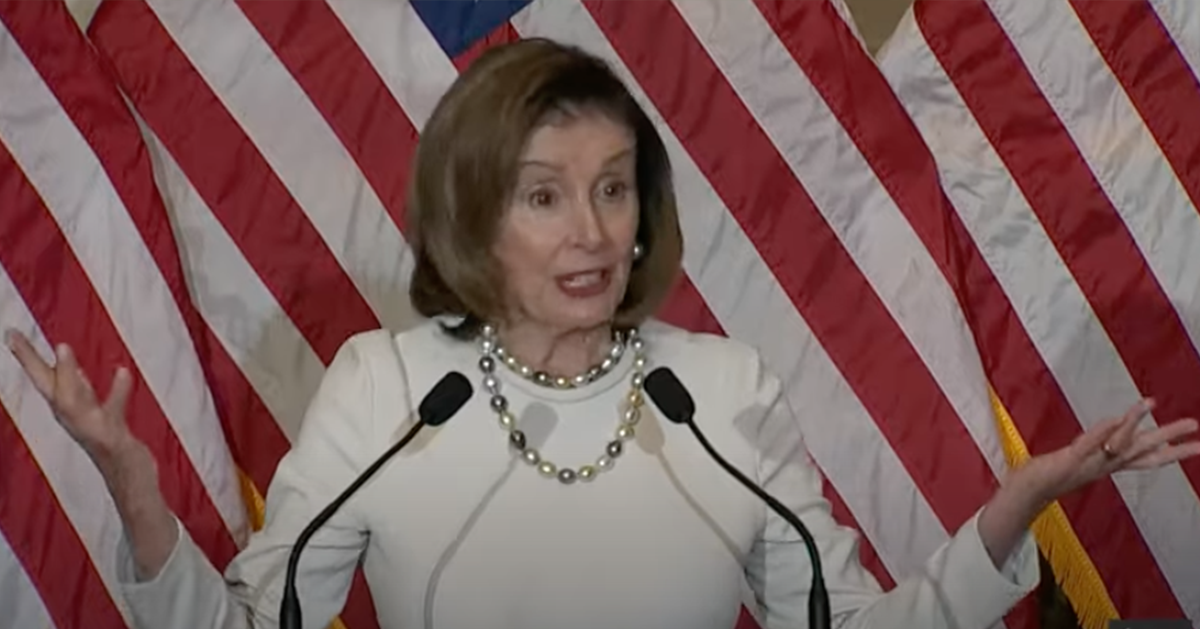OpenAI initiates countersuit against co-founder, former company executive Elon Musk
In a bold legal maneuver, OpenAI has taken a shocking step of countersuing Elon Musk, further intensifying the ongoing dispute between the artificial intelligence company and its former co-founder.
The legal action accuses Musk of engaging in a disruptive campaign against OpenAI, which includes public attacks and a purportedly fake takeover bid aimed at destabilizing the organization's objectives, as Breitbart reports.
OpenAI, represented by attorneys and its CEO Sam Altman, filed the countersuit on Wednesday. The legal action seeks to curtail Musk's ongoing legal challenges and prevent further "unlawful and unfair action" that allegedly damages OpenAI's operations. The company asserts that Musk's activities undermine its governance and tarnish critical relationships.
Musk accused
OpenAI's lawsuit emerges in direct response to Musk's accusations that the company has strayed from its original mission. Musk claims that since OpenAI's 2019 transition to a "capped-profit" model, the organization has abandoned its non-profit roots intended to benefit humanity broadly.
Responding to these allegations, OpenAI argues that its current structure supports its non-profit arm. The company emphasizes that profits are necessary to sustain various charitable initiatives in healthcare, education, and scientific research.
Although Musk's legal team drew attention to his critique, a federal judge recently denied his request for a preliminary injunction. This ruling aimed to prevent OpenAI from completing its transition to a for-profit status, which is necessary for the company to secure new investment by 2025.
Underlying case proceeds toward trial
Despite Musk's efforts, the judge allowed the case to advance toward a jury trial, scheduled for spring 2026. This decision marks a significant moment in the legal confrontation, adding a new layer of complexity to the ongoing conflict.
Meanwhile, the countersuit highlights Musk's misleading actions, notably a supposed fake takeover bid. OpenAI contends that this bid was designed to interfere with the organization's future and destabilize its core mission.
In a statement accompanying the lawsuit, OpenAI's legal representatives argued that Musk's ongoing criticism and efforts must be halted to prevent further damage. They urge holding Musk accountable for the repercussions of his recent actions.
Attorney weighs in
Attorney Marc Toberoff, representing Musk, responded to the countersuit by suggesting that OpenAI ignored the seriousness of Musk's interest in reclaiming the company as a nonprofit. Toberoff asserted that OpenAI's reluctance to consider Musk's bid reveals the financial motivations behind some of their decisions.
Toberoff further questioned the integrity of OpenAI's business model. He noted, "It is telling that having to pay fair market value for OpenAI’s assets allegedly interferes with their business plans." This remark reflects the heightened tensions between both parties.
Amid these developments, OpenAI faces the challenge of solidifying its for-profit conversion as planned. Failure to complete this transformation by 2025 risks the loss of recently raised capital, emphasizing the urgency of resolving the legal matters.
OpenAI's future closely watched
The stakes remain high as OpenAI's evolving corporate structure aligns with its mission to promote safe advancement in AI technologies. While the company assures stakeholders of its commitment to ethical goals, the legal strife with Elon Musk continues to overshadow its progress.
The outcome of this lawsuit holds potential to influence OpenAI's future trajectory and its broader role within the AI industry. Stakeholders and observers alike anticipate the trial as a definitive juncture in this complex legal narrative.
As OpenAI and Musk brace for the upcoming proceedings, the tech world closely monitors how these developments may impact the industry's evolution. Beyond mere legal ramifications, the case reflects broader discussions about ethical practices and the commercialization of AI research.




